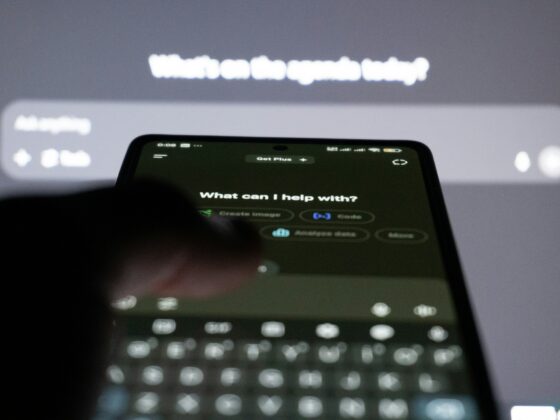Mak Abdelkafi, Senior Sales Director at Mews, shares his expert insight into the evolution of hotel technologies, from the days of Excel spreadsheets to integrated systems boosted by artificial intelligence. Drawing on his background as a revenue manager and his experience in the field, he looks back at the major transformations in the sector and the concrete optimization levers for today’s hoteliers.
With over two decades of experience, Mak Abdelkafi has seen all the major revolutions in hotel distribution.
“It all started in the 90s with the launch of the Internet. It’s the advent of online reservations for customers.” Then 2010 marked a turning point: “It was the advent of PMS. Hoteliers were beginning to move away from manual books and adopt improved Excels. Then came the development of social networks, led by Facebook and LinkedIn, and with them, Big Data. -Mak Abdelkafi Senior Sales Director, Mews
But for Mak Abdelkafi, the real breakthrough comes in 2020: “The big revolution is artificial intelligence. And in 2023-2024, it’s really going to take on much greater weight.
In this context, the central issue for hoteliers is clear:
“The first challenge is to stand out from the crowd. The hotel offer is there, whether in Paris, in the city or even outside.” This positioning involves the customer experience: “Hoteliers will really position themselves on their own specific experience. This is where digitalization, and especially artificial intelligence, can help.”
On the revenue side, technology enables us to go much further than traditional yield management: “We’re at a much more advanced stage. We now manage dynamic pricing.
“I’m a former RM, revenue manager. Before, it was all Excel: we compared what we had sold yesterday, today we’re going to sell for $10, €10 more, etc.” Now, explains Mak Abdelkafi, “with artificial intelligence, technology is bringing this automation: proposing the right price, to the right market segment, at the right time.”
“And the second point is to optimize the extras we can get from customers, either before or during their stay. Offer them the possibility of online check-in before they arrive. “At Mews, we believe in this kind of user experience. An experience in which technology is “essential, but must remain hidden”.
“We’re going to automate as many repetitive administrative tasks as possible, upstream or even at the moment of check-in. This frees up quality time for the receptionist to spend with the customer. By automating repetitive tasks, we free up quality time.
Finally, he highlights the impact of AI on energy cost management: “We’re starting to apply it in the energy field, to interpret data and know when to intervene.”








